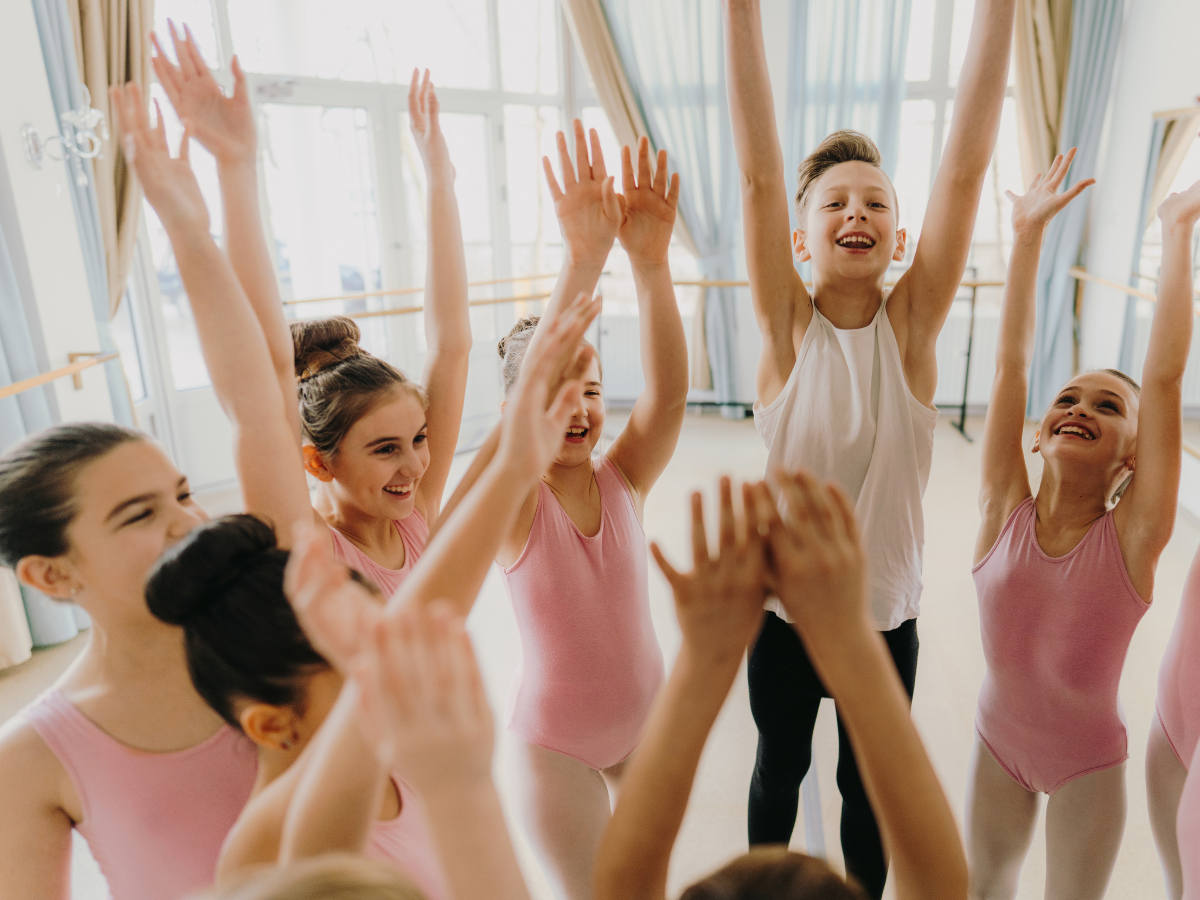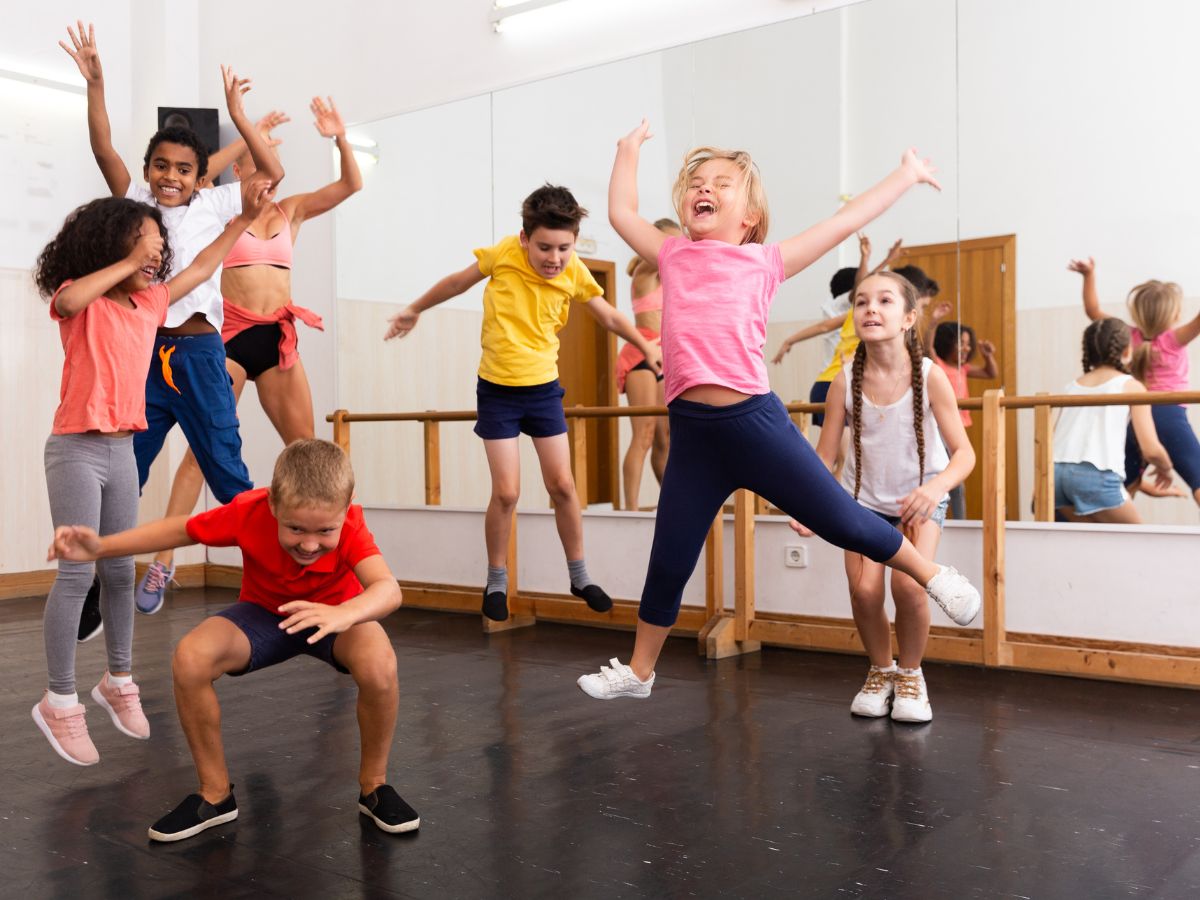It’s no secret that children need mentors. They don’t have to be young dancers, gymnasts, cheerleaders, swimmers, musicians or artists to need mentors. It’s all – every single one of them. Children need mentors. Mentors guide, inspire, encourage and lead in ways that help children build values, self-esteem, confidence, good habits and positive outlooks. Mentors can be a driving force that helps children stay on a path that will eventually lead to success. The mentoring which children receive can help them as they go through challenging life transitions, including dealing with stressful changes at home or transitions at school.
Mentors are powerful because they aren’t parents. I hate to say that, but it’s true. An adult or even a teenager or older child can influence another child in ways that parents can’t. Don’t get me wrong. Parental guidance and support is critical – even more critical than that of a mentor – but every one of us has been a kid. It’s no mystery that sometimes children respond more quickly to mentors. Sometimes it’s even to prove parents or coaches and instructors wrong.
There is an organization dedicated to encouraging mentoring called Mentor (Mentoring.org), and according to their research, 90% of young people who have a mentor are more interested in being mentors themselves. And this is a result of the positive experiences and success that they’ve had with their own mentor relationships.
Children who are mentored also stay out of trouble. In fact, according to a Big Brothers Big Sisters study, children in mentorship programs are 52% less likely than their peers to skip school, 46% less likely to start using drugs and 27% less likely to begin drinking alcohol. These children have a positive force in their lives that takes up the space that negative forces would inhabit. That’s a really simplistic way to look at it, but it’s true.
These are some of the basic benefits to those being mentored:
- Increased high school graduation rates
- Lower high school dropout rates
- Healthier relationships & lifestyle choices
- Better attitude about school
- Higher college enrollment rates & higher educational aspirations
- Enhanced self-esteem and self-confidence
- Improved behavior, both at home and at school
- Stronger relationships with parents, teachers, and peers
- Improved interpersonal skills
- Decreased likelihood of initiating drug & alcohol use (note stats above)
Mentorship for children participating in a sport or art form is similar to that of children who don’t take part in such activities, but it has more layers. Young athletes are very driven and seek out challenges. Having a mentor can help them to focus that energy and drive toward greater success and satisfaction.
Mentors for young athletes are often live examples to young athletes. Children may begin to admire what a particular older athlete or coach is doing or has done and want to mimic how the older athletes train, run drills and practice – even how they eat, rest and blow off steam – hoping to also mimic their successes. When the relationship becomes reciprocal and the older athlete takes the younger athlete “under his or her wing,” this is when the magic can happen. The mentor relationship opens up honest communication between the participants that allows for constructive criticism as well as positive reinforcement in sports-related ways and in life lessons.
You may feel that you’re pretty knowledgeable about sports mentoring. Test yourself. Did you know that most successful people have had the guidance of a mentor? Did you think that mentors sort of take the place of the parent? Well, they don’t. Mentorship isn’t just for kids who have 1 parent or are foster kids. Do you know what the most identified “relationship” is for a mentor? It’s a coach. Read more about things you may not know about sports mentors here.
I mention that this is a reciprocal relationship because it truly is. The mentor doesn’t simply acknowledge the admiration of the child, but becomes invested in the well-being of that child.
The mentor relationship fosters openness outside of the home. It helps children to have the confidence to confide in instructors, compete with other athletes in larger environments and pursue big goals. Mentors are passionate about their sport or art and that passion is contagious. Mentorship can also help young athletes to act on their strengths and improve on their weaknesses. We already know that athletes benefit from their sport or art in their basic life skills in addition to their sports skills, so adding the mentor layer can do nothing other than to notch these benefits up. Mentors help make more skilled and successful athletes and that makes the sport or art better.
The young athlete isn’t the only beneficiary in the mentoring relationship. Mentors are often re-energized by the younger version of themselves. Mentors are reminded of not only why they do what they do, but also what got them to their level of success. The relationship can help them to recognize where they can improve. Many mentors believe that they get more from the relationship than the subject of their mentorship.
The mentor benefits include:
- Increased self-esteem
- A sense of accomplishment
- Creation of networks of volunteers
- Insight into childhood, adolescence, and young adulthood
- Increased patience & improved supervisory skills
What I’m getting around to is this: Being a mentor is an important thing to do. As noted before, mentoring programs help the mentorer, the mentoree, the sport and the world.
So do it: be a mentor. Don’t think you don’t have time. Don’t think there isn’t anything in it for you. Don’t think there isn’t anyone who would want you to be their mentor. If you want to be a mentor and you’re passionate about your sport or art, it will come naturally.
Sources: Mentoring.org , Youth.gov, World Sports Chicago






